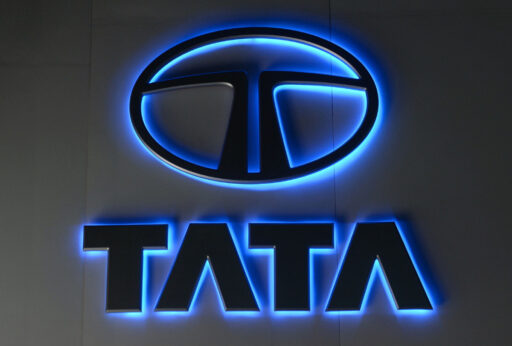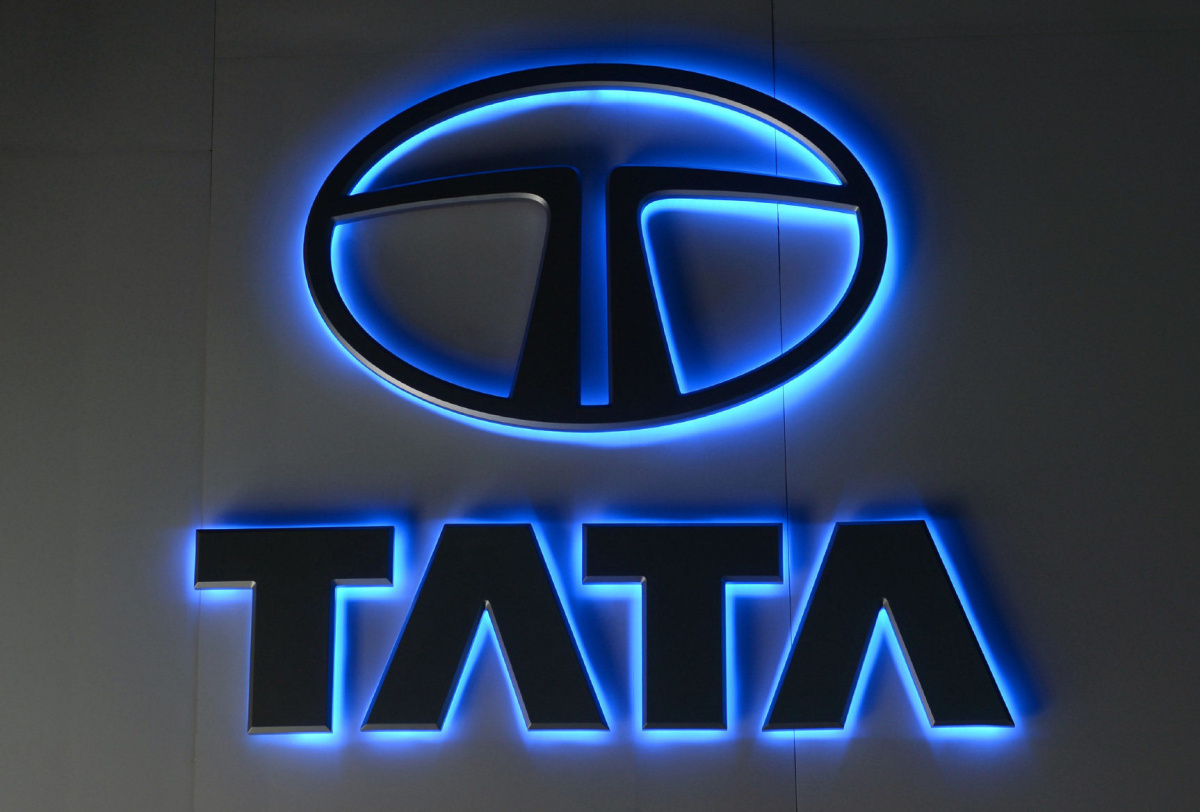Tata Group has long been at the forefront of sustainable development, guided by the Tata Sustainability Group (TSG), which serves as a central resource for sustainability across its subsidiaries. The 2023-24 sustainability report highlights Tata Projects’ integrated approach to balancing financial growth with environmental responsibility. Meanwhile, Tata Motors’ Annual CSR Report acknowledges the crucial role of stakeholders in implementing sustainable practices across the conglomerate. Tata’s sustainability initiatives reflect a strategic alignment with global ESG (Environmental, Social, and Governance) standards, ensuring long-term value creation while minimizing environmental impact (Tata Sustainability Group, TATA Projects Sustainability Report).
Circular Economy Model
Tata Group has embedded circular economy principles across its diverse business operations, focusing on waste reduction and resource optimization. A key example is Tata Steel’s ‘Zero Waste’ strategy, which processes over 15 million tonnes of by-products annually through the 3R (Reduce, Reuse, Recycle) model. This initiative ensures that industrial waste is repurposed, significantly lowering raw material consumption and landfill usage.
Another notable initiative is Project Electra, a sustainability-driven project that recovers and recycles waste materials, exemplifying Tata’s commitment to a circular economic approach across industries. These initiatives demonstrate how Tata integrates sustainable resource management within its operational framework (In Loop With Success – Tata Group, Circular Economy – Tata Steel).
Waste-to-Energy Technologies
Tata Group is also a leader in waste-to-energy technologies, which play a crucial role in reducing landfill dependency while enhancing energy efficiency. One standout example is Tata Consumer Products, which has ensured that all its beverage production units worldwide achieve zero waste to landfill status. This initiative converts production waste into energy, reinforcing Tata’s goal of sustainable waste management and energy optimization.
Furthermore, Tata Power has invested in biomass and waste-to-energy projects, supporting India’s transition to clean energy solutions. These innovations underscore Tata’s commitment to achieving net-zero waste while enhancing energy sustainability (Zero Waste to Landfill | Tata Consumer Products).
AI-Driven Supply Chain Optimization
Tata Group is leveraging Artificial Intelligence (AI) to revolutionize supply chain management, particularly through Tata Consultancy Services (TCS) and Tata Steel. AI applications have enabled real-time supply chain monitoring, predictive analytics, and resource efficiency improvements, significantly optimizing logistics and material sourcing.
Tata Steel’s AI-driven supply chain has saved the company $1.4 billion through better resource utilization, predictive procurement, and waste reduction. TCS has also integrated AI solutions to enhance supply chain transparency, ensuring sustainable and efficient business operations across industries. These AI-driven improvements highlight Tata’s technology-first approach to sustainability and operational excellence (The Role of AI in Revolutionizing Supply Chain Management, Case Study: Tata Steel’s AI Transformation).
Key Sustainability Innovations and Technologies
Tata Group has adopted cutting-edge technologies to drive sustainable innovation across its sectors. Some of the most notable advancements include:
- Zero Waste to Landfill Strategies: Tata Consumer Products has ensured that all its beverage production plants operate with zero waste to landfill, enhancing energy efficiency.
- AI-Optimized Supply Chains: Tata Steel’s AI-driven supply chain has reduced operational inefficiencies and material wastage, leading to $1.4 billion in savings.
- Circular Economy in Steel Production: Tata Steel’s Zero Waste strategy focuses on 15 million tonnes of by-product repurposing, demonstrating a closed-loop industrial model.
These sustainability-driven technological innovations place Tata Group among the leaders in environmental responsibility and resource efficiency (Tata Steel’s Circular Economy Initiatives, TCS and AI in Supply Chains).
Measurable Impacts
Tata Group’s sustainability strategies have resulted in quantifiable environmental and financial benefits:
- Tata Motors has successfully aligned CSR initiatives with global sustainability benchmarks, fostering stakeholder engagement.
- Tata Consumer Products has achieved zero waste to landfill across its global operations, significantly reducing environmental footprint.
- Tata Steel’s AI-powered supply chain has saved $1.4 billion, improving efficiency and lowering waste.
These metrics showcase Tata’s commitment to data-driven sustainability improvements, ensuring long-term ecological and economic benefits (Tata Motors CSR Report, Zero Waste Initiatives by Tata Consumer).
Challenges and Areas for Improvement
Despite its strong sustainability performance, Tata Group faces several challenges:
- High Energy Demands: Tata’s manufacturing and logistics sectors require significant energy inputs, necessitating expanded renewable energy investments.
- Carbon Neutrality Challenges: Achieving net-zero emissions remains complex, requiring greater investments in carbon offsets and natural climate solutions.
- Supplier and Consumer Influence: Supply chain sustainability and consumer behavior impact Tata’s ESG performance, necessitating enhanced stakeholder engagement.
Addressing these challenges will require continuous innovation in renewable energy, AI adoption, and sustainable supply chain management.
Future Plans and Long-Term Goals
Tata Group aims to:
- Achieve 100% renewable energy in its operations.
- Expand circular economy models, reinforcing sustainable material usage.
- Increase investments in carbon sequestration and reforestation projects.
- Enhance AI-driven efficiency solutions to reduce waste and optimize resource utilization.
These long-term goals reinforce Tata’s commitment to sustainability leadership, ensuring a greener and more responsible future.
Comparisons to Industry Competitors
Tata Group’s integrated sustainability model distinguishes it from industry competitors like ArcelorMittal, Infosys, and Reliance Industries:
- Tata’s Zero Waste Strategy is more comprehensive than ArcelorMittal, which primarily focuses on CO2 reduction rather than full-scale circular economy implementation.
- AI-driven supply chain optimizations at Tata Steel surpass Infosys, which applies AI primarily to software-based efficiencies rather than resource management.
- Reliance Industries’ sustainability strategies focus on carbon emissions reduction, whereas Tata integrates waste-to-energy and AI-driven resource optimization.
Tata Group’s cross-sector sustainability leadership and technological innovation position it ahead of its competitors (ArcelorMittal Circular Economy, Infosys Sustainability Report).
Our Thoughts
Tata Group’s sustainability leadership is evident through its circular economy models, AI-driven efficiencies, and waste-to-energy initiatives. Key highlights include:
- Tata Steel’s Zero Waste Strategy, which repurposes 15 million tonnes of by-products.
- Tata Steel’s AI-powered supply chain, generating $1.4 billion in savings.
- Tata Consumer Products achieving zero waste to landfill, minimizing environmental footprint.
Challenges remain in energy-intensive operations and achieving net-zero goals, but Tata’s commitment to innovation ensures continuous sustainability advancements. Expanding AI applications, blockchain transparency, and renewable energy projects can further enhance Tata’s ESG impact.
By prioritizing sustainable transformation, Tata Group sets a benchmark for corporate responsibility, offering a model for industries aiming to balance profitability with environmental stewardship. As Tata continues to innovate, it will play a pivotal role in shaping a sustainable global economy, reinforcing its leadership in sustainability-driven business practices.






